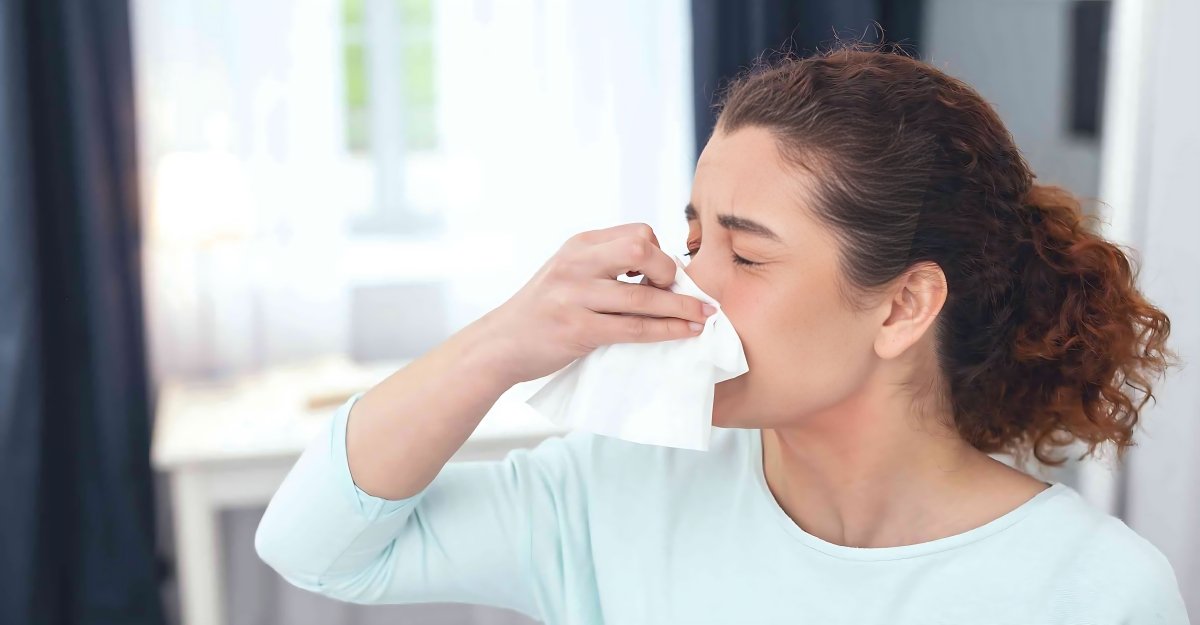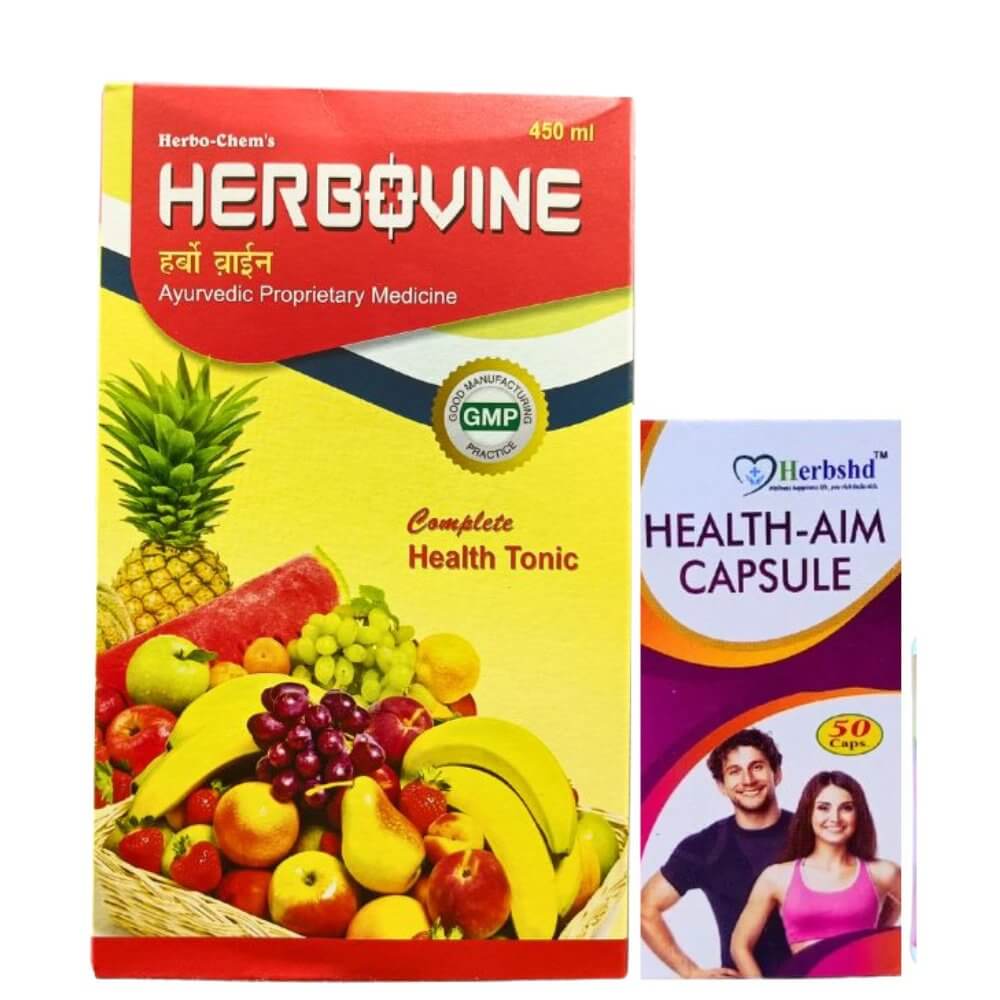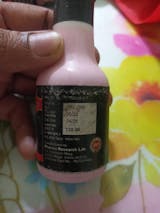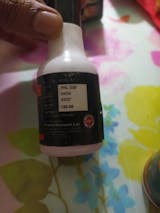An allergy is your body's reaction to a generally harmful substance. Allergy symptoms can range from mild to life-threatening. An allergy is a condition in which the body's immune system considers a substance to be a harmful "invader" and overreacts to it. Substances that cause an allergic reaction are called allergens, which can trigger an immune response, also called an allergic reaction.
Symptoms of an allergic reaction:
cough
sneeze
hives
the rash
Itchy eyes
a cold
scratchy throat
Allergic reactions have more serious symptoms, such as:
low blood pressure
shortness of breath
Asthma attack
hives
There is no exact cure for allergies.
1/ Your overactive immune system:
Many things can trigger an allergic reaction. It occurs when your body's defenses attack something that is normally harmless, such as pollen, animal food. Reactions can range from mild and bothersome to sudden and life-threatening.
2/ Pollen:
It comes from plants such as grass, trees and weeds and can cause hay fever or seasonal allergies. You may sneeze, runny and itchy nose, watery eyes. To prevent symptoms, try to stay indoors as much as possible on windy days when pollen counts are high, close windows, close doors, and run the air conditioner.
3/ Animal dander:
You love your pet, but if you're allergic, you're reacting to proteins in their saliva or the oil glands of their skin. It may take 2 years to start. Fortunately, you may still be able to live with them. Make your bedroom a pet-free zone, opt for bare floors and washable rugs instead of carpets, and bathe regularly.
4/ Dust mites:
These tiny bugs live in beds, mattresses, upholstery, carpets and curtains. They feed on dead skin cells from humans and pets as well as pollen, bacteria and fungi. To reduce these problems, use pillows, covers, pillows and box springs and wash sheets weekly in hot water.
5/ Insects:
Bee, or ant stings can cause swelling and redness that can last a week or more. You may feel sick and tired. If the allergy is severe, you should immediately take the medicine as prescribed by your doctor.
6/ Mould:
It needs moisture to grow. In damp places like the basement or behind the bathroom, you can find it. Inhaling mold spores can cause an allergic reaction, so avoid activities that can trigger symptoms, such as raking leaves, ventilating humid areas of your home.
7/ Food:
Milk, shellfish, eggs and nuts are the most common foods that cause allergies. Others include wheat, soy and fish. Within minutes of eating something you're allergic to, you may have trouble breathing and develop hives (itching), vomiting, diarrhea, and swelling around your mouth. If your reaction is severe, you should see a doctor immediately.
8/ Latex:
Found in some disposable gloves, condoms, and medical devices, latex can cause an itchy, red skin-to-respiratory reaction. Symptoms may include a rash or hives, eye irritation, runny or itchy eyes, sneezing and shortness of breath. If you have an allergy, wear a medical alert bracelet.
9/ Medicines:
Penicillin, aspirin, and other medications can cause hives, itchy eyes, and swelling of your face and throat. If you are allergic to any medicine, it is better not to take it.10/ Cockroaches:
Their droppings and body parts can trigger allergies. Roaches can be difficult to get rid of, clean the house with bug killer and keep a clean kitchen. Repair cracks and holes in floors, walls and windows to prevent cockroaches from entering your home.- There is no exact cure for allergies.












